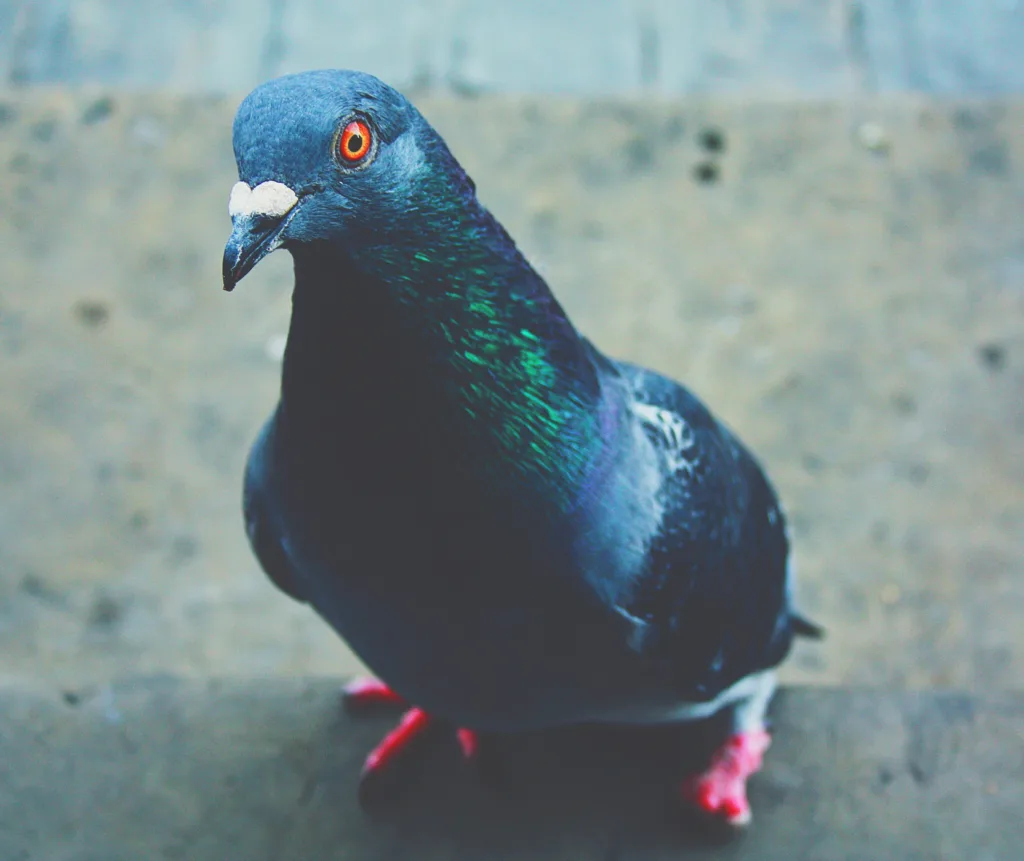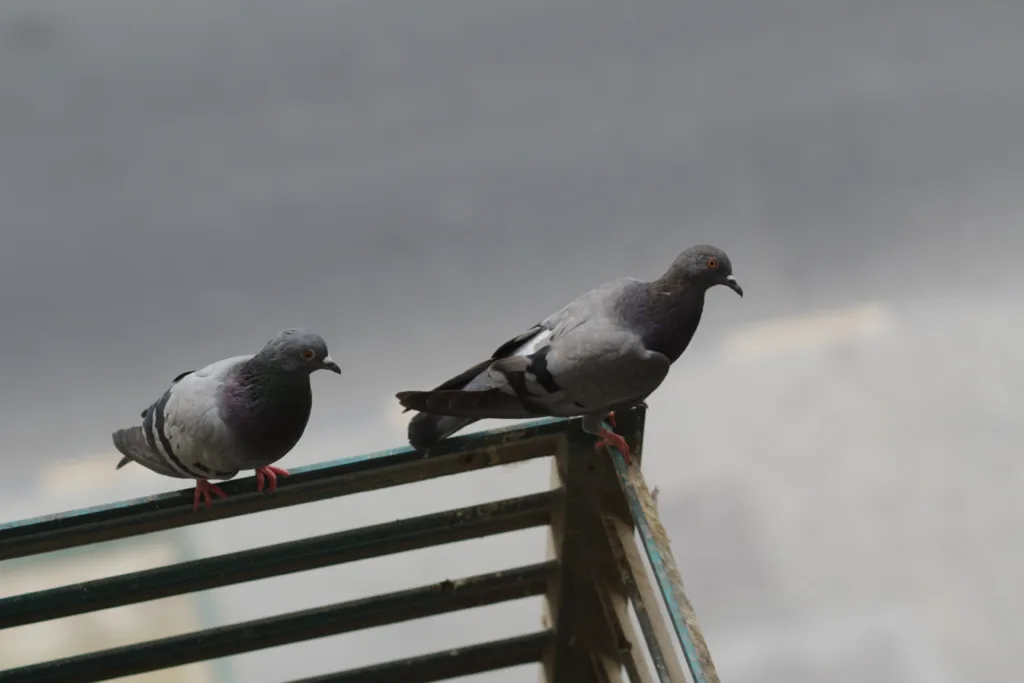Pigeons can be affected by several types of avian influenza, including the highly pathogenic avian influenza (HPAI) H5N1 virus, which can cause severe illness and death in both birds and humans. However, it is important to note that pigeon-to-human transmission of the virus is rare and typically requires close and prolonged contact with infected birds.
To minimize the risk of avian influenza transmission, it is important to practice good biosecurity measures when handling pigeons or other birds. This may include washing hands frequently, wearing protective clothing and gloves, and avoiding contact with sick birds.
If you suspect that a pigeon or other bird may be infected with avian influenza, it is important to contact your local animal health authorities for guidance on how to safely handle and dispose of the bird. Additionally, if you or someone you know has been in close contact with an infected bird and is experiencing flu-like symptoms, it is important to seek medical attention promptly.
. The virus can be transmitted through direct contact with infected birds, their droppings or secretions, contaminated surfaces, or contaminated feed or water.
There are different strains of avian influenza virus, and some strains are more pathogenic (i.e., can cause more severe disease) than others. Pigeons can potentially carry and spread avian influenza viruses, but they are not considered a major reservoir for the virus.
It is important to take appropriate precautions to prevent the spread of avian influenza. If you have birds, including pigeons, it is important to practice good biosecurity measures, such as keeping birds away from wild birds, regularly cleaning and disinfecting bird feeders and bird baths, and avoiding contact with sick birds or their secretions. If you suspect that your birds are sick, contact a veterinarian or public health official for advice.

pigeons can become infected with the virus through contact with infected birds or contaminated surfaces. Symptoms of bird flu in pigeons can include respiratory distress, loss of appetite, and sudden death.
It’s important to note that while bird flu can be dangerous to both birds and humans, the risk of human infection is generally low. The virus is not easily transmitted from birds to humans, and human cases of bird flu usually occur after close contact with infected poultry. Nevertheless, it’s important to take proper precautions when handling birds and to follow guidelines from health officials to minimize the risk of transmission.

There have been occasional reports of pigeons being infected with avian influenza, but generally, the disease is more commonly associated with poultry, such as chickens and ducks. The risk of transmission of avian influenza from pigeons to humans is considered to be low, but as with any animal, it is always a good idea to practice good hygiene when handling them to minimize the risk of disease transmission.
If you suspect that your pigeon may be infected with avian influenza or any other disease, it is important to contact a veterinarian who specializes in avian medicine for advice on appropriate treatment and management.Pigeon birds are not commonly known to be affected by the avian influenza, also known as bird flu, which primarily affects domesticated poultry such as chickens, turkeys, and ducks. However, pigeons can potentially carry and transmit other diseases to humans and other animals.
It is important to practice good hygiene and proper handling of birds, including washing hands thoroughly after handling them, to reduce the risk of disease transmission. If you notice any signs of illness or abnormal behavior in your birds, it is recommended to consult with a veterinarian as soon as possible.

